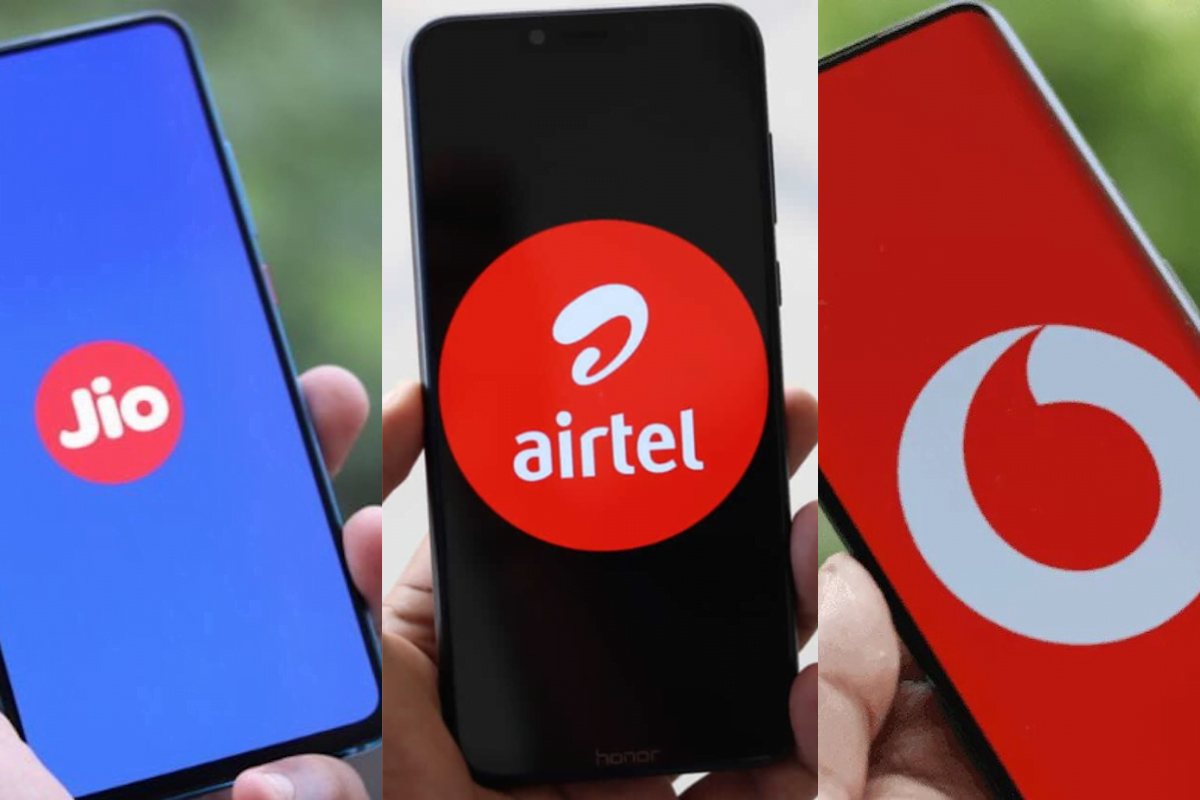Earlier this year, India’s leading telecom operator Reliance Jio announced on its 43rd Annual General Meet (AGM) that it will offer homegrown 5G to the users. The next big thing for the telecom industry is 5G. Thus Jio offering homegrown 5G will certainly put it ahead of the rival telcos Bharti Airtel and Vodafone Idea (Vi). Jio is looking to generate native intellectual property rights (IPR) by backing the the Indian standards set by Telecom Standards Development Society India (TSDSI). However, as per an ET Telecom report, rival telcos, Airtel and Vi believe that the standards backed by Jio will fall short of global standards and thus its 5G will not be commercially viable when it rolls out.
Airtel and Vi Don’t Believe in Jio’s 5G
TSDSI has set a few norms for 5G. Jio has shown faith in the norms and standards set by TSDSI. However, unlike Jio, Vi and Bharti Airtel believe that the standards set by TSDSI don’t meet the global specifications of 5G recommended by the 3rd Generation Partnership Project (3GPP). The telcos have communicated the government about the same. For the unaware, telecom operators in countries such as the USA, Australia, Japan and many more back the 5G standards set by 3GPP. TSDSI has recommended that for the deployment of 5G services, telcos should make use of the 3.4 GHz bands. Adding to this, TSDSI have suggested that the mobile towers should be located at a difference of 12 km in villages for ideal network coverage to the users in rural India. Reports previously said that Jio had developed its own 5G technology equipment to reduce dependence on foreign vendors and bring cost-related advantages. It has designed its own 5G hardware which it intends to use for 5G trials along with its own IoT equipment for use cases such as security and surveillance using drones, industrial IoT and digitisation in the agriculture sector. Jio has already developed and deployed its own IMS (IP Multimedia Subsystem) solution (vIMS) for VoLTE and VoWiFi. The telecom operator’s plan to conduct 5G field trials with multinational vendors is still on. Its rivals Airtel and Vodafone Idea had submitted similar applications with the telecom department to conduct 5G trials.
3GPP suggests that telcos should deploy 5G in 700 MHz
However, 3GPP standard for 5G suggests that telcos should deploy 5G in the 700 MHz bands and that the mobile towers be placed at a distance of 6 km. ET Telecom highlights that in a letter to Anshu Prakash, telecom secretary, SP Kochhar, director-general of Cellular Operations Association of India (COAI) wrote: “Jio supports the India-centric approach and the 5G standard and does not agree with the views of our other members who want the gaps within the current TSDSI standards to be addressed before adoption in India and other global markets to ensure it is interoperable, implementable and has benefits for the entire India market.” Only time will clear which way Jio goes with its homegrown 5G. Talking about the auction of the 5G spectrum, telecom operators such as Airtel say that it can be pushed further back to 2022 from 2021 by for the ecosystem along with India specific use cases and devices to develop.
